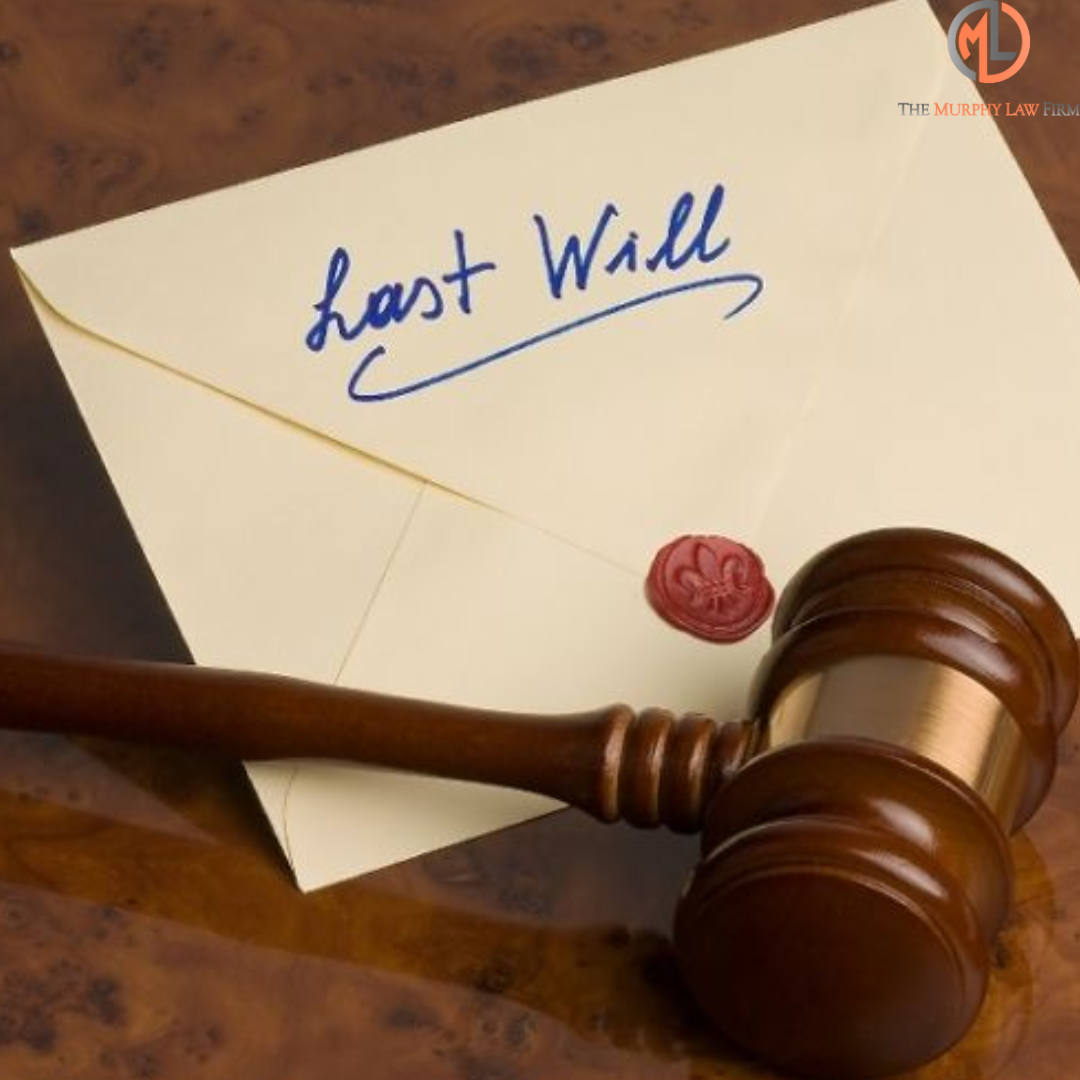What is a protective order?
A protective order issued by a Judge to protect an individual from domestic violence or the threat of domestic violence. In order to obtain one, they must first demonstrate that a relationship exists. It is either by blood, marriage, or an intimate relationship. There's also an act of violence, sexual assault, or a threat of an act of violence that has occurred. Protective orders are common associates with intimate couples and spouses. Other spouses have these orders who want protection for themselves or their children from abuse. Depending on the facts of the case, a protective order may also involve the filing of separate criminal charges with a prosecutor against the abuser. A protective order may affect a custody award. It is relevant to the court in making an initial or temporary custody determination. A pending protective order may affect custody in the following ways:
- WHEN PARENTS SHARE PHYSICAL CUSTODY.
- A custodial parent gets a protective order against the accused parent. The accused parent will most likely have less time to see his/her child. Visitation schedules and transferring the child to and from the other parent will become stringent and very specific usually limiting the abuser’s access substantially depending on the facts and the child's involvement. The location of drop off and pickup will likely be through a neutral third party or at a police station.
- WHEN A PARENT HAS A PROTECTIVE ORDER ON BEHALF OF THE CHILD.
- This happens when one parent is alleging that the other parent committed an act of abuse or neglect against the minor child. In these matters, the protective order replaces the custody order. The child stays with the custodial parent or trusted relative until a full final hearing holds. They will conduct a thorough investigation by the government agency.
- WHEN THERE IS A PENDING DIVORCE OR CUSTODY CASE IN A HIGHER COURT.
- Here, it is best to notify the lower court that a custody or divorce case involving custody is pending so they both can be heard together since similar issues may arise. Usually, a request for custody in a protective order still has the same considerations as a normal custody case just on a more expedited basis. In those instances, it is best to have the judge in the higher court hear the protective order case and make the initial or temporary custody arrangements.
Do I need an attorney?
Protective orders are usually in place for one year. Whether you are the respondent or the petitioner, every situation is different. An experienced Maryland Law Attorney can help in the preparation of how your case will be handled. The Murphy Law Firm LLC provides a thorough review of the information you need to know before filing a claim of any domestic violence and how custody is implicated. Contact Angel Murphy with the Murphy Law Firm, LLC today to schedule a trial strategy meeting at (240) 493-9116. If you are active on social media, Like us on Facebook @AMurphyLegal, Follow us on Instagram @AMurphyLegal, and Twitter @AMurphy_Legal







.webp)






.png)





